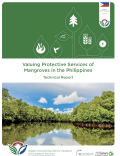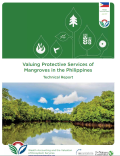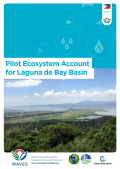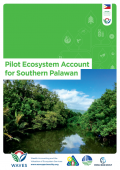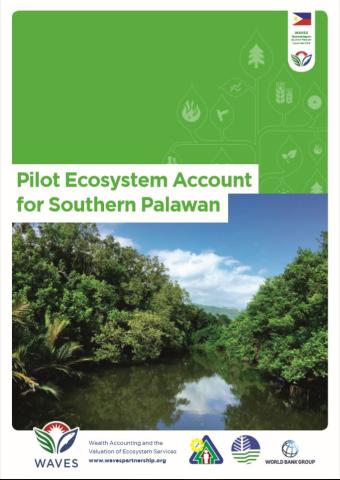
This paper reports on the findings of the Southern Palawan Pilot Ecosystem Account in the Philippines, which follows a standardized system called the System of Environmental Economic Accounting – Experimental Ecosystem Accounting (SEEA-EEA) that ensures comparability, both nationally and internationally, and consistency with regularly produced economic statistics. Therefore, ecosystem accounts can be used to monitor trends in natural capital as well as the enforcement of resource management policies.
The key findings include: (i) major loss of forest cover and rapid expansion of plantation crops; (ii) a significant drop in the carbon stock as a result of deforestation; and (iii) rapid degradation of coastal ecosystems such as corals and mangroves. In addition, the report's findings emphasize the importance of ecosystem services as key contributors to crop production, water regulation, and fisheries.
Understanding these and other ecosystem conditions in Southern Palawan highlights the extreme importance of mainstreaming the ecosystem accounting framework into decision making. The ecosystem accounts can serve as a benchmark to identify key policy needs and impacts as well as areas where specific policy interventions should be carried out as a matter of priority. They can also be used to monitor changes in the ecosystem. An important dimension of the value of these accounts lies in showing trends in ecosystem conditions, assets, and service flows over time, requiring regular updating of the accounts. Given the capacities built and the lessons learned in the process of developing these accounts for Southern Palawan, the cost of updating them in the future should be much lower compared to establishing them.

